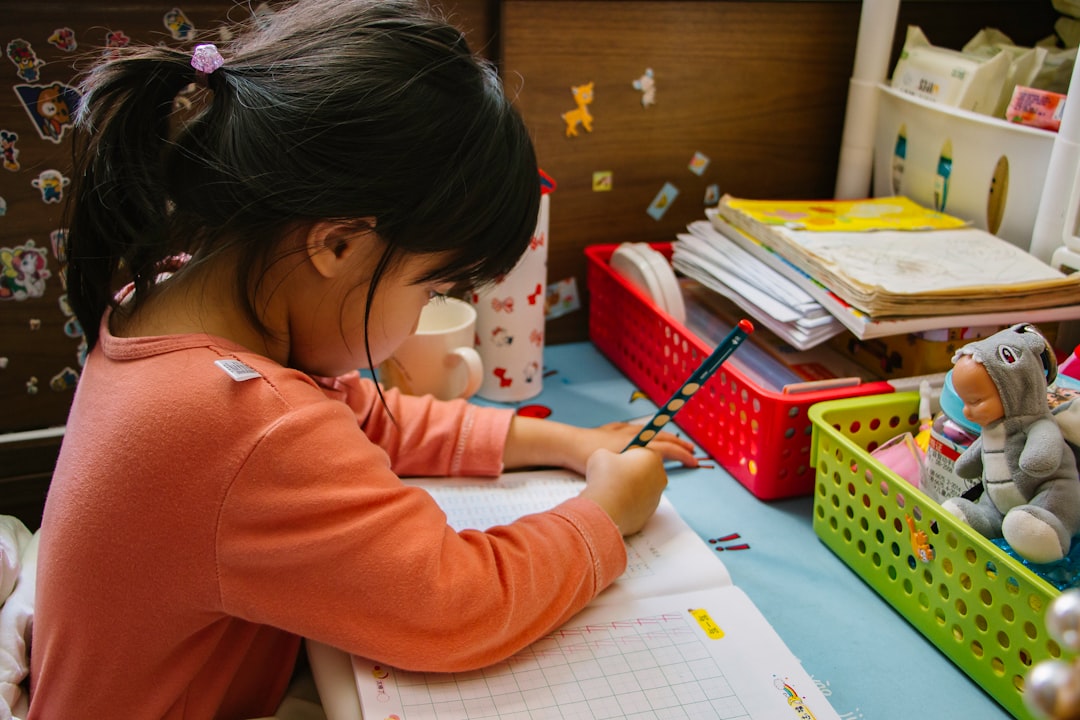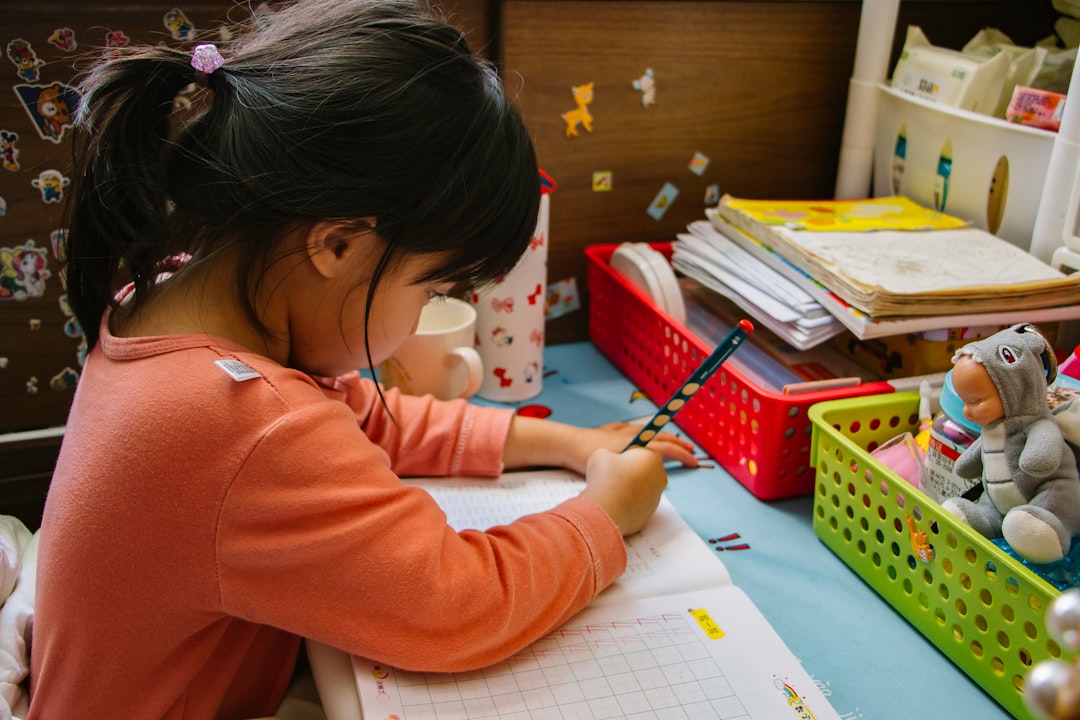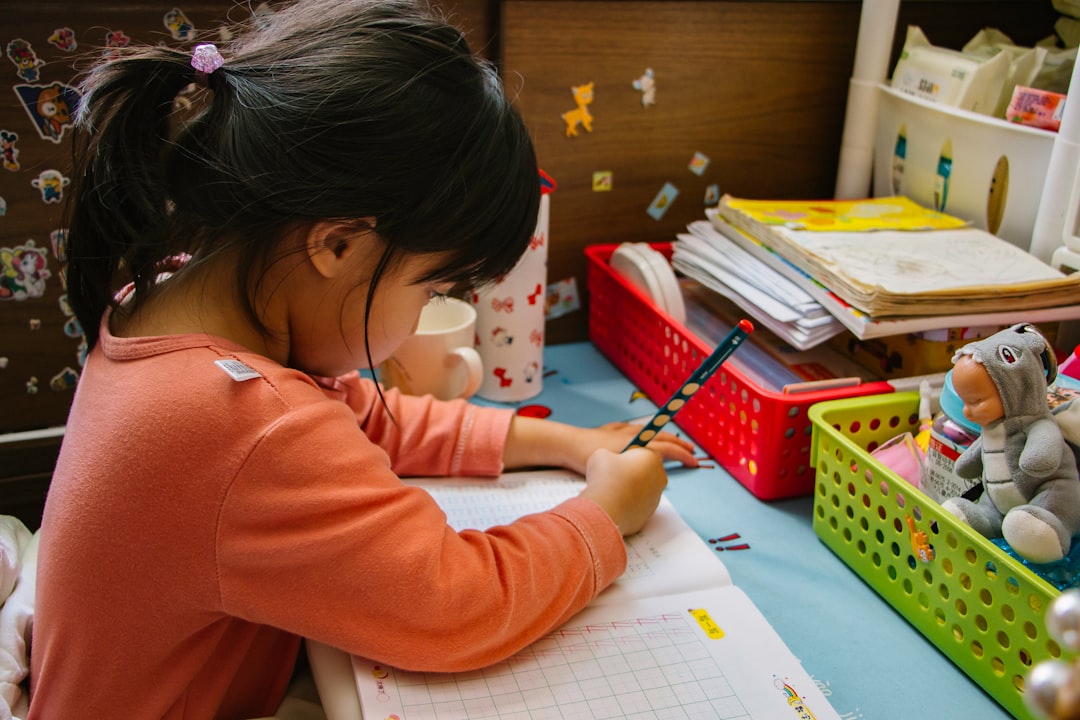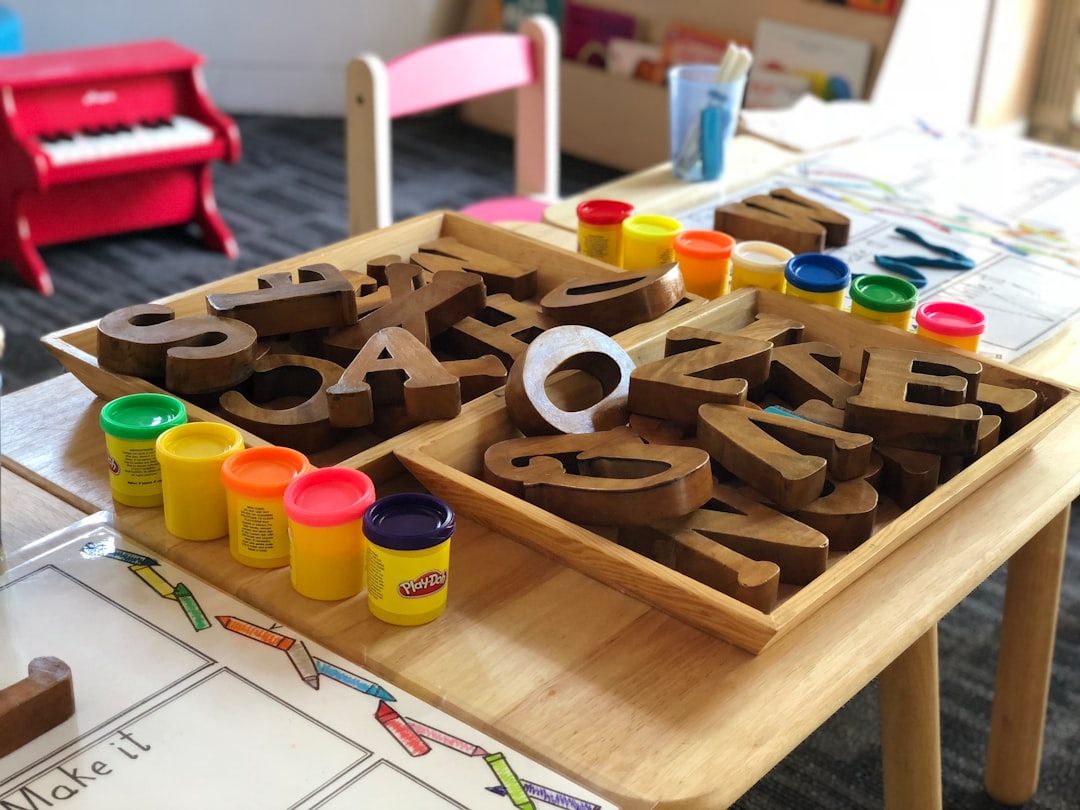At-risk students in Kansas face challenges like economic hardship, family trauma, historical injustices, and daycare abuse. Educators play a crucial role by identifying not just academic gaps but also emotional, social, and physical vulnerabilities. Early intervention includes connecting students to support services, adapting teaching methods, and creating safe classroom environments. Building trust and safe spaces is vital through empathy, patience, active listening, and validating student feelings. Collaboration with daycare abuse attorneys and professionals ensures comprehensive legal and emotional support. Evidence-based strategies create engaging learning environments with structured routines, clear communication, and tailored interventions. Family involvement through open communication and regular updates enhances support systems. Awareness of legal protections and reporting suspected daycare abuse to authorities, guided by daycare abuse attorneys Kansas, is essential for maintaining a safe learning environment.
In today’s diverse educational landscape, educators frequently encounter at-risk students facing various challenges. This article guides educators with best practices for supporting these students, focusing on understanding unique needs, building trust, and employing evidence-based teaching strategies. We explore collaboration with families as partners in student success and highlight legal considerations, especially relevant for daycare abuse cases in Kansas. By adopting these practices, educators can create a nurturing environment, fostering growth and resilience among at-risk students.
Understanding At-Risk Student Populations: Identifying Needs and Risks

At-risk students encompass a diverse range of individuals facing various challenges, from economic hardship and family trauma to historical or systemic injustices. Educators play a pivotal role in identifying and supporting these students, but understanding their unique needs is essential. This involves recognizing not just academic gaps but also emotional, social, and physical vulnerabilities. For instance, some at-risk students may have experienced neglect, abuse, or lived in unstable environments, which can impact their ability to learn and engage with educational resources.
In Kansas, where cases of daycare abuse have drawn attention to the challenges faced by vulnerable children, educators must be vigilant in spotting signs of distress or potential risks. This includes being attuned to changes in behavior, attendance patterns, and overall well-being. Identifying these needs early allows for proactive interventions, whether through connecting students with external support services, adapting teaching methods, or fostering a safe, inclusive classroom environment. Such practices not only enhance academic outcomes but also contribute to the holistic development of at-risk students.
Building Trust and Safe Spaces: Fostering Secure Relationships

Building trust and safe spaces is a cornerstone for educators working with at-risk students. Establishing secure relationships requires empathy, patience, and a deep understanding of each student’s unique background. Educators can foster trust by creating an environment where every interaction conveys respect, consistency, and genuine care. This involves actively listening to students, validating their feelings, and demonstrating integrity in all actions. By showing genuine interest in their well-being, educators can help students feel valued and supported, which is crucial for their emotional development.
Safe spaces go beyond physical areas; they are psychological sanctuaries where students feel protected to express themselves without fear of judgment or repercussions. Educators can cultivate these spaces by implementing clear boundaries, promoting open communication, and ensuring confidentiality when necessary. Collaborating with daycare abuse attorneys in Kansas and other professionals can help create a comprehensive support system that addresses the legal and emotional needs of at-risk students. This partnership ensures that educators have the resources they need to provide a secure environment where each student can thrive.
Evidence-Based Strategies for Effective Teaching and Intervention

In working with at-risk students, educators play a pivotal role in fostering resilience and academic success. Evidence-based strategies are crucial tools for educators to create positive outcomes. These methods include structured routines, clear communication, and immediate feedback to build a safe and supportive learning environment. By implementing these practices, educators can enhance student engagement and promote positive behavior.
Intervention techniques, such as targeted interventions and personalized learning plans, cater to individual student needs. This tailored approach ensures that at-risk students receive the necessary support to overcome challenges related to potential daycare abuse or other traumatic experiences. Kansas-based daycare abuse attorneys often emphasize the importance of these strategies in creating a nurturing educational space where students can thrive despite adversity.
Collaborating with Families: Engaging Parents as Partners in Student Support

In addressing at-risk students, educators play a pivotal role in their holistic development. However, this journey cannot be successfully navigated alone; it demands collaboration with families, who are the primary caregivers and advocates for their children’s well-being. Engaging parents as partners can significantly enhance student support systems. This partnership involves open communication, regular updates on academic progress, and sharing resources that support both educational and emotional growth at home. By fostering a sense of trust and mutual respect, educators create an environment where families feel empowered to actively participate in their child’s learning journey.
This collaboration goes beyond mere involvement; it includes educating parents about the challenges their children face, such as potential daycare abuse or neglect issues, which are critical considerations in Kansas, given the presence of dedicated daycare abuse attorneys in the state. By equipping parents with knowledge and resources, educators enable them to identify signs of distress or misconduct and take appropriate actions, ensuring a more supportive and safe environment for at-risk students.
Legal Considerations and Protections: Navigating Daycare Abuse Cases in Kansas

When working with at-risk students, educators must be aware of legal considerations and protections in place to ensure a safe learning environment. In Kansas, daycare abuse cases are taken seriously, and there are specific laws and regulations in place to safeguard children. If an educator suspects any form of abuse or neglect within a daycare setting, it is crucial to report it promptly to the appropriate authorities, such as the Kansas Department of Health and Environment (KDHE) or local law enforcement.
These entities have dedicated teams of professionals who investigate complaints and work to ensure compliance with state regulations. Additionally, seeking guidance from experienced daycare abuse attorneys in Kansas can be beneficial. These legal experts can provide insights into navigating complex legal processes, understanding the rights of both students and educational institutions, and ensuring fair outcomes for all parties involved.






